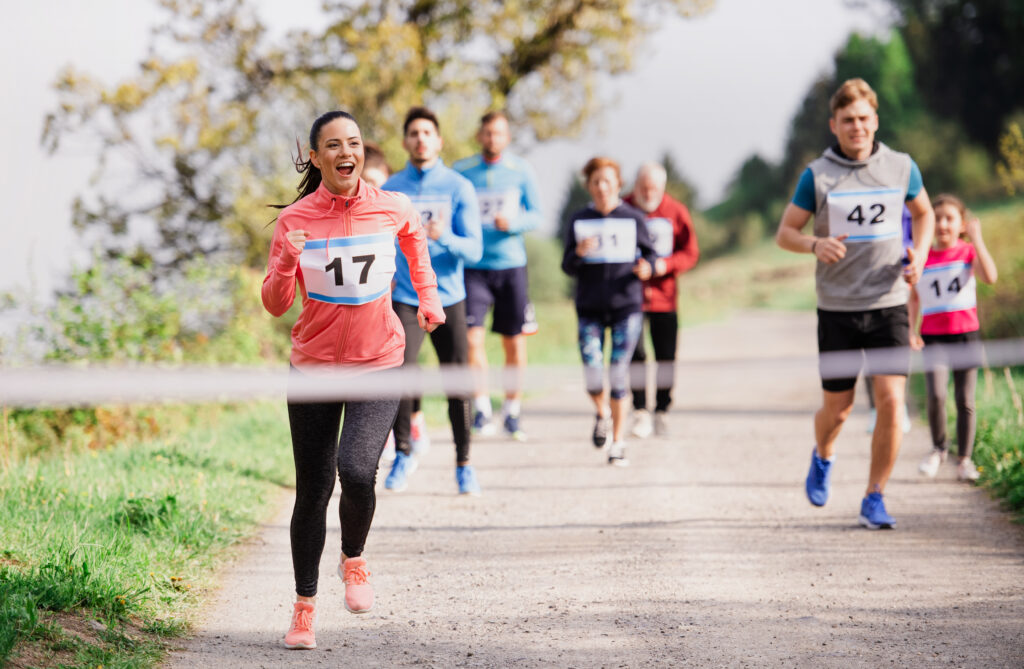Otherwise, consume a 850 to 1000-kilojoule snack that’s low in fat and fibre (like a rice cake with a smear of nut butter and a small banana) two hours before the race. Make at least two runs in the last two months of training dress rehearsals: wake up and eat when you plan to on race day and start running around the time the gun will go off.
The Fix: You need to fuel only during races that last an hour or longer, says Sumbal. Consume 30 to 60 grams of carbohydrate and 350 to 700ml of fluid for every hour of running. “During your training, include workouts to practice nutrition at paces similar to what you’ll be running on race day,” says Sumbal. Something that works while you’re running easy may not work at half-marathon pace.
Better yet, try it in tune-up races, too: those butterflies in your stomach can mean your go-to fuel sources won’t sit as well. If you’re a nervous runner, stick to liquid kilojoules (a sports drink or a gel chased with water) in frequent small doses (every 10 to 15 minutes) throughout the race.
The Fix: Your best strategy is to minimise pre-race stress. Set everything out the night before, have a checklist of what you need to take with you, and allow extra time for commuting. Drive to the starting line in advance so you can time it and check out the parking situation, and research the route to learn where you’ll find hills, water stops, and porta-loos. “This helps you feel as if you’re doing something routine on race day, rather than something huge and new – and anxiety-inducing,” says Walker.
Once you’re on the line, take deep belly breaths (in for four counts, out for four counts), which will help counteract the stress response. Try breathing in time to a short mantra like “I’m prepared” or “I’m ready”.


